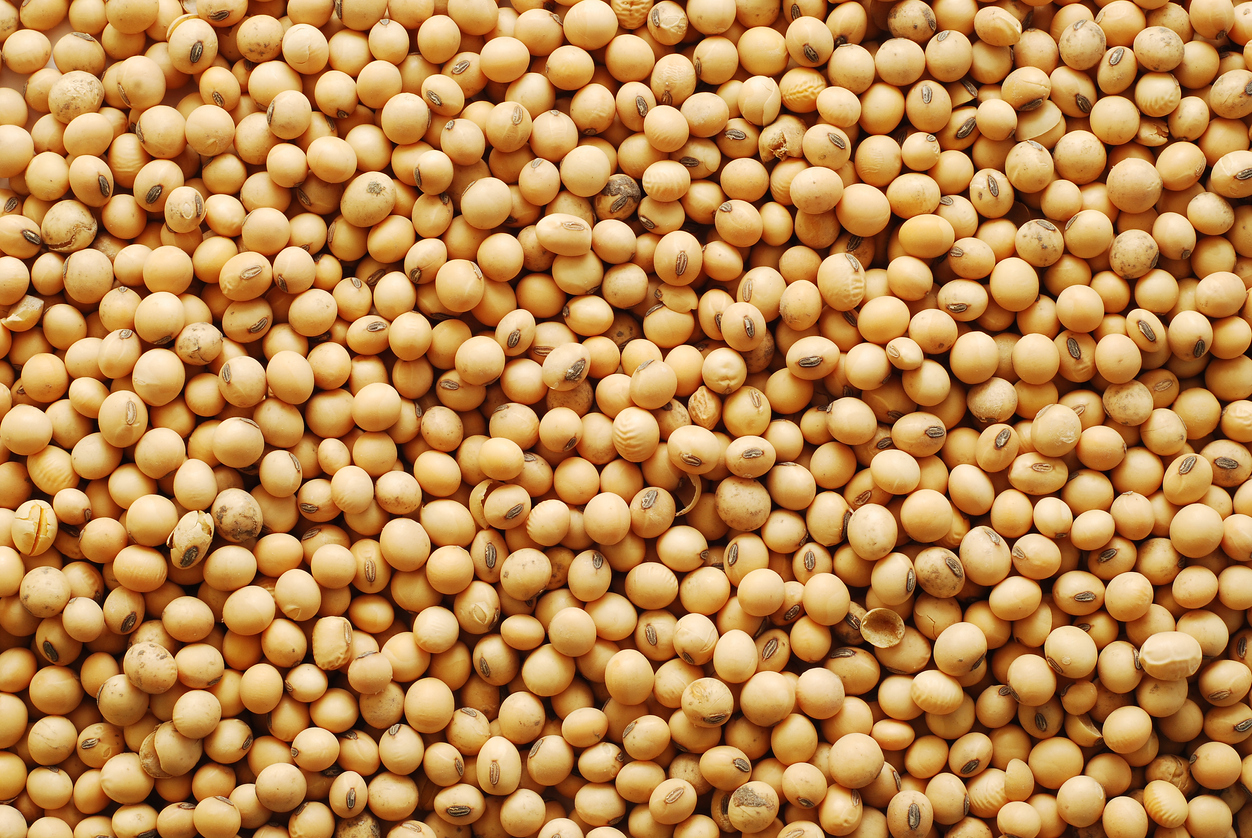How to Buy and Export Sauces and Seasonings from South Africa
How to Buy and Export Sauces and Seasonings from South Africa
When you think of South African food, it’s natural to assume that we don’t have much variety in terms of seasonings. Perhaps that’s because so many of our traditional dishes are meat-heavy and have a neutral flavor profile. But as with any country, South Africans have their own set of spices, herbs and other flavorful additions that make their food stand out from the rest. Although they might not get as much spotlight as some other local favorites like apples or strawberries, sauces and seasonings are one of the most valuable crops produced in South Africa. In fact, these two subcategories of products are among the top five highest-value crops grown here. That makes exporting them from South Africa an even more lucrative opportunity for businesses looking to expand their international sales channels.
What to know before exporting
Seasonings are a huge export product from South Africa – but it’s important to know which types of seasonings you can export. There are two main types of seasonings that can be exported from South Africa: Pre-blended spices – like curry mixes and garam masala – are a popular export item. Herbs and spice blends suited for marinades, rubs, and other meats will also do well. Some examples of seasonings that can be exported from South Africa include: – Curry powders – Whether you prefer mild or hot, South Africa has a wide variety of curry powders. – Garlic, onion, and chili powders – Like curry powders, these are a great way to add flavor to soups and stews without having to buy fresh herbs. – Nut and seed oils – These are also great for cooking and baking and can be used as a substitute for olive oil. – Chilli flakes and powders – South African chilli flakes are a great way to add a little heat to your dishes.
Why export sauces and seasonings from South Africa?
There are a few good reasons why exporting sauces and seasonings from South Africa is a great idea. First, with their neutral flavor profile, South African sauces and seasonings are a good fit for nearly every cuisine. This means that importers in different countries can use them in a wide variety of dishes. And if they already have a favourite South African product, they can use the sauces and seasonings to flavour meals differently. This versatility and their neutral flavour profile also make SA sauces and seasonings a great gift option. So not only will you be able to boost your sales – you’ll also be able to give your products great visibility thanks to the thoughtful gift option.
Which products are most popular for export?
South Africans typically use the following spices and herbs to flavour their food. – Curry – Curry is one of the most iconic South African seasonings. It’s an absolutely perfect addition to stews, curries, and other dishes that are traditionally served over rice. – Paprika – This is an ideal ingredient to add a little kick to your dishes. – Chilli – Chilli is another popular South African spice that can be used in almost any dish. – Coriander – Coriander is perhaps best known as the primary flavouring in curry powder. But it’s also a great addition to marinades, soups, and stews. – Bay Leaves – Bay leaves are a classic addition to stews and soups – they’re often used in other dishes as well.
Which countries buy the most SA sauces and seasonings?
The following countries are among the biggest importers of South African sauces and seasonings. – The United Arab Emirates – The UAE imports a wide range of South African products and is one of SA’s top importers. – Saudi Arabia – Like the UAE, Saudi Arabia imports a wide variety of South African products. – India – The SA spices and herbs India imports make them a great fit for a variety of dishes. – United States – Unlike most of the other importers, the US mainly imports spices and herbs. – Canada – Like the US, Canada mainly imports spices and herbs.
How to find the right manufacturer to export from?
The first thing you’ll want to do is decide which type of product you want to export. That will help you choose a supplier and narrow down your options. Once you’ve done that, you can start an online search to find nearby manufacturers. If you live in a smaller town or city, you can also consider outsourcing to a larger city. If you decide to go with an outsourcing company, make sure they have experience exporting products like the ones you want to sell. Not only that, but they should also have a proven track record of timely delivery. That way, your products will get to their destination on time and you can start earning revenue.
Conclusion
If you’re planning on expanding your business internationally, South African sauces and seasonings are an excellent option for a product line. These products are often used in several different types of dishes, meaning that importers in different countries can use them in many different recipes. SA spices and herbs are also a great gift option, making them a great product to sell at trade shows and expos.








LEAVE A COMMENT
You must be logged in to post a comment.